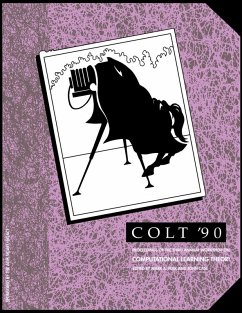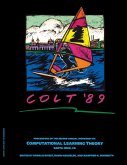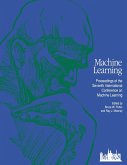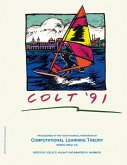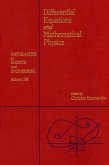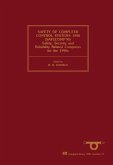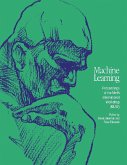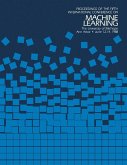The selection first elaborates on inductive inference of minimal programs, learning switch configurations, computational complexity of approximating distributions by probabilistic automata, and a learning criterion for stochastic rules. The text then takes a look at inductive identification of pattern languages with restricted substitutions, learning ring-sum-expansions, sample complexity of PAC-learning using random and chosen examples, and some problems of learning with an Oracle.
The book examines a mechanical method of successful scientific inquiry, boosting a weak learning algorithm by majority, and learning by distances. Discussions focus on the relation to PAC learnability, majority-vote game, boosting a weak learner by majority vote, and a paradigm of scientific inquiry.
The selection is a dependable source of data for researchers interested in the computational learning theory.
Dieser Download kann aus rechtlichen Gründen nur mit Rechnungsadresse in A, B, BG, CY, CZ, D, DK, EW, E, FIN, F, GR, HR, H, IRL, I, LT, L, LR, M, NL, PL, P, R, S, SLO, SK ausgeliefert werden.

